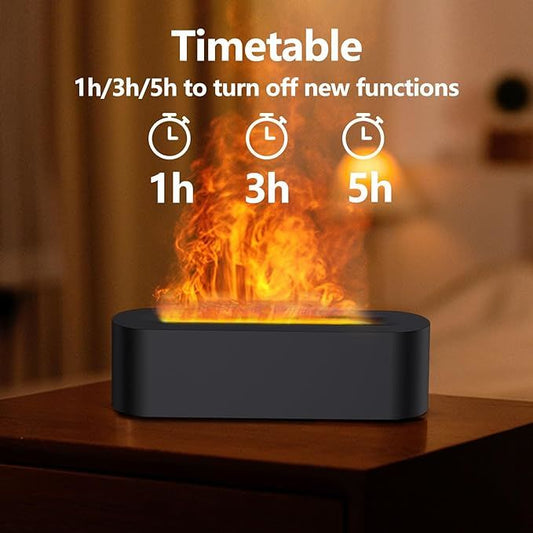Sleep, a seemingly simple and natural phenomenon, conceals a complex tapestry of physiological and neurological processes that govern our well-being. Understanding the science behind sleep is crucial in unraveling the mysteries of why our mobile phones are disrupting this essential aspect of our lives.
The sleep cycle, a rhythmic and repeating pattern, can be divided into distinct stages: non-rapid eye movement (NREM) and rapid eye movement (REM). NREM sleep consists of four stages, each marked by varying levels of brain activity and muscle tone. It is during these stages that the body undergoes repair, growth, and restoration. REM sleep, on the other hand, is the stage where dreams occur, and cognitive processes are enhanced.
The orchestration of these sleep stages is meticulously regulated by the circadian rhythm, our internal biological clock. This rhythm, influenced by external cues such as light and darkness, dictates the ebb and flow of our wakefulness and sleepiness throughout a 24-hour period. Disruptions to this natural cycle can have profound effects on our physical and mental well-being.
Enter the smartphone, a device that has unwittingly become a disruptor of this delicate balance. The screens of our mobile phones emit a blue light, a wavelength that mimics daylight. Exposure to this artificial light in the evening confuses our circadian rhythm by suppressing the production of melatonin, the hormone responsible for inducing sleep. This disruption, akin to throwing a wrench into the intricate gears of a clock, leads to difficulties in falling and staying asleep.
The impact of blue light on melatonin production is not merely a theoretical concept; it has been substantiated by scientific research. Studies have shown that individuals exposed to blue light before bedtime experience delayed melatonin onset and reduced overall sleep duration. The consequences extend beyond a restless night, encompassing a range of health issues, including compromised immune function, impaired cognitive performance, and an increased risk of chronic conditions such as obesity and diabetes.
Furthermore, the close relationship between sleep and memory consolidation unveils another layer of the intricate science at play. During deep sleep, the brain engages in the consolidation of memories, transferring information from short-term to long-term storage. Disruptions caused by late-night mobile phone usage can hinder this crucial process, affecting learning, cognitive function, and emotional regulation.
The science of sleep, once confined to the realms of research labs and medical journals, has become intimately entwined with our daily lives. As we unlock the secrets of our sleep-wake cycles, it becomes evident that the intrusion of mobile phones, particularly through the emission of blue light, is not a trivial matter. It disrupts the finely tuned symphony of our internal clock, compromising the restorative powers of sleep and leaving a wake of consequences that extend far beyond the night's rest. Understanding this science is the first step in reclaiming the balance that technology has disrupted and fostering a culture that prioritizes the sanctity of sleep.




